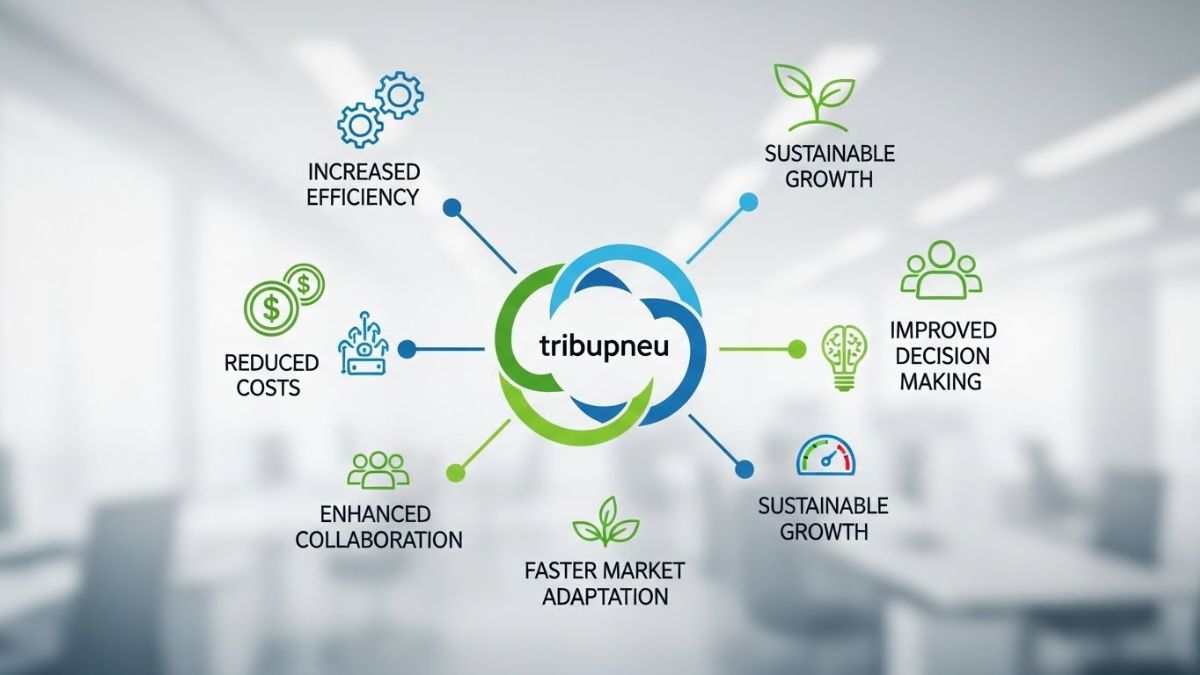Long-term contracts with solar providers offer numerous advantages beyond mere financial savings. As the global push toward renewable energy accelerates, homeowners and businesses increasingly recognize the importance of stable energy solutions. Committing to a long-term agreement guarantees a fixed energy rate and provides peace of mind in an uncertain energy market. We will explore how these contracts foster financial predictability, enhance energy efficiency, and contribute to environmental sustainability.
Financial Predictability
One of the primary benefits of entering into a long-term contract with a solar provider is the financial predictability it offers. By locking in a fixed price for solar energy, consumers can avoid the volatility of traditional energy costs, which fluctuate based on market conditions, geopolitical tensions, or natural disasters. This stability is particularly advantageous for budget-conscious individuals and organizations. Instead of dealing with the uncertainty of rising utility bills, customers can plan their finances more effectively, knowing exactly what their energy costs will be throughout the contract.
In addition to price stability, long-term contracts often offer financing options that make solar energy more accessible. Many solar providers offer flexible payment plans that allow customers to install solar systems without incurring high upfront costs. This arrangement can be especially beneficial for businesses with limited capital but want to invest in renewable energy. Furthermore, tax incentives and rebates for solar installations can significantly lower the overall cost, making it an attractive option for many. Long-term contracts thus create a financially sound strategy for securing sustainable energy, effectively transforming energy expenses into manageable investments.
Enhanced Energy Efficiency
Long-term contracts often encourage solar providers like North Valley Solar Power to prioritize energy efficiency and innovative technologies. When solar providers enter a contract with clients, they are motivated to ensure that the systems they install operate optimally over the contract’s lifespan. This commitment can improve customer service, including regular maintenance checks and system upgrades. Providers are incentivized to keep their clients satisfied and ensure the longevity of the solar systems, which can enhance overall performance.
Moreover, many providers incorporate the latest technology in their solar installations, offering advanced monitoring systems that allow users to track energy production and consumption in real-time. This transparency can increase awareness about energy usage patterns, empowering customers to make informed decisions about their consumption habits. By analyzing this data, consumers can identify areas where they can reduce energy use, enhance efficiency, and reduce costs. Over time, combining high-quality installations, regular maintenance, and proactive energy management can significantly improve the return on investment for long-term solar customers.
Environmental Sustainability
Committing to a long-term contract with a solar provider also contributes to broader environmental sustainability goals. The transition to solar energy is crucial in combating climate change and reducing reliance on fossil fuels. Individuals and organizations are taking meaningful steps toward a cleaner, greener future by choosing solar. Long-term contracts ensure that these sustainability efforts are sustained over time, allowing consumers to make a lasting impact.
Furthermore, many solar providers are now aligning their operations with sustainable practices, such as using recyclable materials for solar panels and adopting eco-friendly installation methods. This holistic approach enhances the environmental benefits of solar energy and strengthens the ethical appeal of long-term contracts. Customers can feel good about their choice, knowing that their commitment to solar energy also supports responsible business practices.
Moreover, long-term contracts often come with options for community solar projects, where multiple consumers can share the benefits of a larger solar installation. This model makes solar energy accessible to those who may not have the means to install panels on their properties. By participating in community solar initiatives, customers contribute to a collective effort to promote renewable energy in their neighborhoods, further amplifying the positive environmental impact of long-term contracts.
Strengthening Relationships with Providers
Long-term contracts foster stronger relationships between customers and solar providers. When both parties commit to a long-term agreement, they create a foundation of trust and collaboration. Providers become more invested in their customers’ satisfaction and success, often leading to enhanced service and responsiveness. This dynamic can be beneficial in several ways, including prompt support for maintenance issues and timely updates on technological advancements.
Furthermore, a strong partnership lets customers stay informed about the latest solar technology trends and energy efficiency trends. Solar providers often offer educational resources, workshops, and webinars to help their clients maximize their solar investment. By actively engaging with their providers, customers can learn how to optimize their systems and adapt to changes in energy regulations or market conditions. This ongoing relationship can result in improved energy performance and a deeper understanding of solar energy’s benefits.
Long-term contracts with solar providers offer many benefits, from financial predictability to enhanced energy efficiency and contributions to environmental sustainability. These agreements empower consumers to take control of their energy costs while promoting responsible business practices and supporting local economies. As we continue to move toward a more sustainable future, the importance of these long-term commitments cannot be overstated. By choosing solar energy through long-term contracts, individuals and businesses are making significant strides toward achieving their energy goals and playing a crucial role in the transition to renewable energy.














